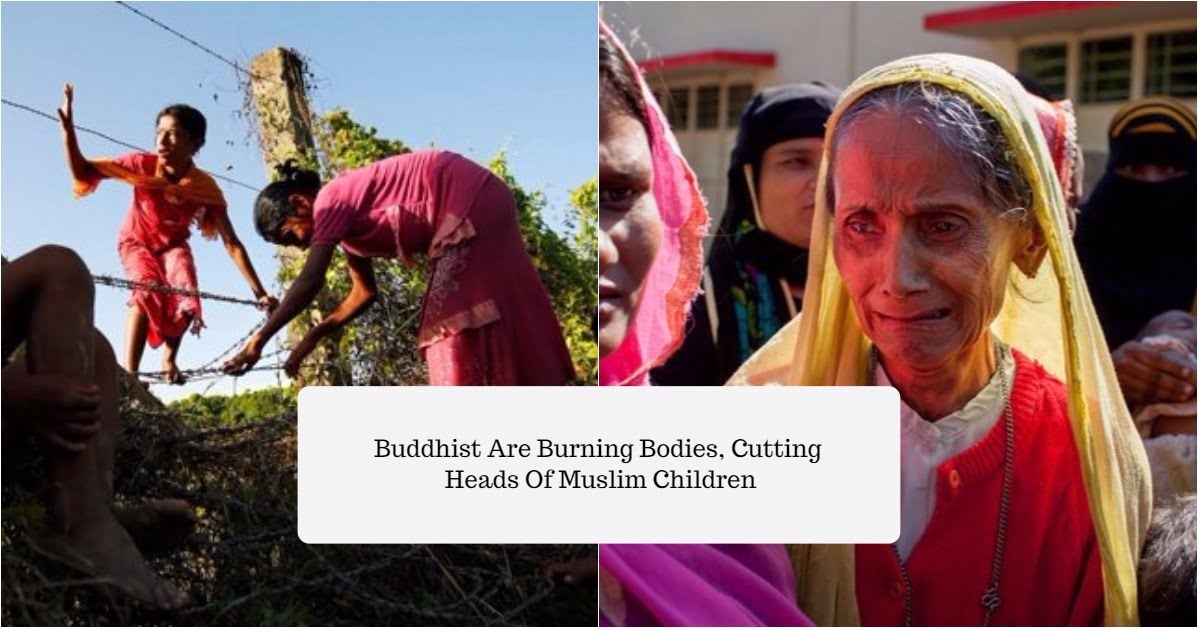On Tuesday, Human Rights Watch (HRW) issued a reminder to Saudi authorities about their responsibility to protect individuals from extreme heat, particularly during the Hajj season.
HRW emphasized that with the growing number of pilgrims participating in Hajj, Saudi Arabia must implement effective strategies to mitigate the dangers posed by soaring temperatures.
This is especially critical considering the country’s ambitious Vision 2030 plan, which aims to increase the annual number of religious pilgrims from 8 million to 30 million.
The organization highlighted the urgent need for robust heat protection protocols to prevent heat-related illnesses and fatalities. These measures include providing adequate hydration stations, shaded rest areas, and timely medical assistance to those suffering from heat exhaustion or heatstroke.
Ensuring that these safety measures are in place is not only vital during Hajj but also for the overall health and safety of the growing number of religious tourists year-round.
With temperatures often exceeding 45 degrees Celsius (113 degrees Fahrenheit) during the summer months, the risk of heat-related health issues becomes significantly heightened.
Ensuring that pilgrims and residents alike are protected from these extreme conditions is a crucial aspect of public health and safety.
Subscribe to our channels on WhatsApp, Google News, Facebook and Instagram.Discover more from The Islamic Information
Subscribe to get the latest posts sent to your email.







![Women Dancing in Front of Kaaba and In al-Haram Sparks Outrage [VIDEO] 7 Dancing Woman Kaaba 1](https://theislamicinformation.com/wp-content/uploads/2024/06/Dancing-Woman-Kaaba-1-110x110.webp)




